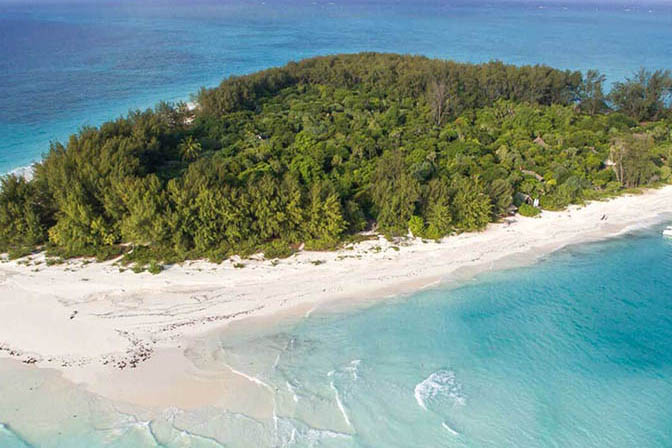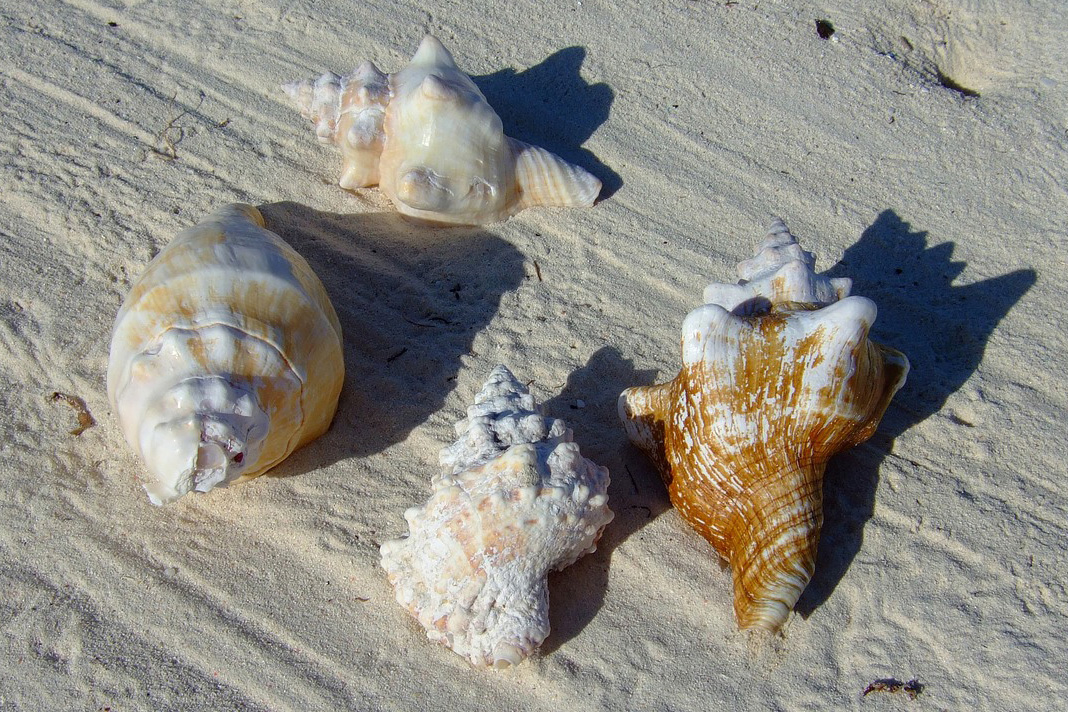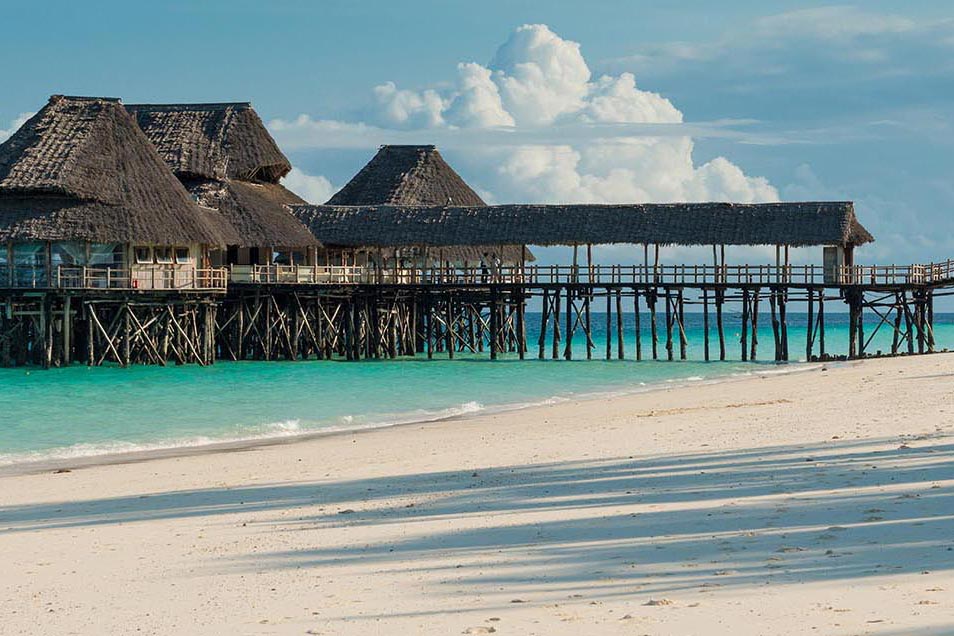
The Stone Town offers a chance for history lovers to know and understand the history of Zanzibar through time. Lots of key buildings are still in place, some being turned into great museums like the infamous House of Wonders and the neighboring Old Fort.
The best part of all is exploring the multi-cultural and multi-religion communities living together in harmony. The Stone Town Tour (Zanzibar) will make sure you're not missing a thing.
The Activities
- A Visit to the Anglican Church
Visit the Anglican Church of Christ built by Bishop Steers in 1874 and get a chance to walk through the streets of Stone Town and get to buy tropical fruits and spices, while hearing different dialects being spoken by the people of the town at the market. - A Visit to the Sultan Palace Museum
Part of a palace complex was the main official residence within the Zanzibar Stone Town. Sultan Said and some of his descendants lie buried in this palace graveyard. - A Visit to the Peace Memorial Museum
Designed by the same architect who designed the High Court (also located in town), J. H. Sinclair, the National Museum is home to many of memorabilia including, most notably, Livingstone's medical chest.

The history of Zanzibar would be incomplete without the cloves, nutmeg, cinnamon, pepper and many other spices which are essential ingredient in a Zanzibari's everyday life, it is the island's connection to spices and herbs. Zanzibar and Spice is a romantic entanglement that dates back to the 16th century. Apart from being an important commodity on the trade routes. They can be seen in the plantations just outside Zanzibar town, this is also a fantastic opportunity to see the countryside and rural areas of Zanzibar and also connect with local people.
We have developed a special Spice Tour with in-depth information not only about spices, but also organically grown herbs and detailed descriptions about their uses in traditional dishes, as cures for ailments and even for dyeing traditional ceremonial outfits for weddings and festivals. We have knowledgeable guides trained by a famous herbalist in Zanzibar Mr. Madawa.
Our guided walking tour passes through villages and spice plantations, a walk through the farms as spice farms workers climbs trees, seek out specific plants and cuts off various barks, letting you see, feel and taste everything.
You will be decorated with palm-leaf accessories such as ties, rings, bracelets and glasses. At the Spice farms you will have an opportunity to taste some of the exotic fruits of Zanzibar.
After the tour we invite you for an opulent traditional Swahili lunch served in a local house, here you will get a really taste of the spices in the food. The tour includes visiting the Kidichi Persian Baths built in 1850 by the first Sultan of Zanzibar as a gift for his Persian wife.
At the Spice farms is the best place to buy fresh spices directly from the source. The half-day trip includes transport, guide, entrance fees and a superb lunch.

Earning its name as a former prison for slaves and a quarantine station for Zanzibar and the mainland, nowadays the island gives you the chance to escape for some peace and quiet.
The island lies just off the Old Stone Town, it is also a home to giant land tortoises that were imported from Seychelles in the late 19th century. Now it is more commonly known as a home of Zanzibar's Giant Aldabran Tortoise colony, some of which are over a hundred years old! This endangered species came to Zanzibar as a gift from the government of the Seychelles.
Once on the island, you have the opportunity to feed and pet the tortoises, if you have time you may also like to take a stroll through the forested interior where you will see a wide variety of birds, colorful peacocks, bats, and beautiful butterflies. Keep your eyes peeled too for the shy and elusive Duikers – an unusual tiny antelope species. Feeding Tortoise
It is fringed with a beautiful coral reef, ideal for snorkeling, and has a lovely white beach for sunbathing. This tour is a great way to see some history and wildlife, and also to see Stone Town from the sea as many old maritime legends would have done.

Discover the best of Zanzibar! The Menai Bay Conservation Area, to the south of Zanzibar, is an area of outstanding natural beauty just waiting for you to discover.
Safari Blue starts from the village of Fumba a 20-minute drive from Stone Town. Fumba is the most convenient location for exploring the wildlife, isolated sandbanks and rugged island scenery of the Menai Bay Conservation Area.
Our aim is to provide our customers with a truly memorable experience using the best Zanzibar has to offer, while making a positive difference to Zanzibar and it's people.
This trip starts from the village of Fumba in South West Zanzibar and we will take you to see the dolphins, sandbanks, islands and coral reefs of Menai Bay, a beautiful conservation area.
In the morning we set down on one of the beautiful sandbanks where one can relax, swim or snorkel. There are plenty of good quality snorkeling equipments and the experienced snorkeling guides will show you the pristine coral reef, which teems with tropical sea life. Instruction is also available for beginners, fresh coconuts and local snacks are available through out the day.
After snorkeling we go to Kwale island where we have our "desert island" restaurant. The buffet lunch includes fish, slipper lobster, calamari, rice and sauces all served hot from the grill. The crews also prepare and present a gastronomic fruits tasting with a large selection of delicious tropical fruits, ice cold sodas, mineral water and beer, a delicious Zanzibari seafood lunch with grilled fish and slipper lobster, coffee and Amarula liqueur.
When the tide permits we explore the natural lagoon found on Kwale island. The lagoon is surrounded by a mangrove forest and we will take you swimming in the lagoon for an unforgettable experience. The dhows are traditional sailing boats, hand-built from African mahogany and finished to the very highest standards. They are comfortable and well equipped with outboard engine, VHF marine radios, gas inflatable life jackets, sunshade, boarding ladder, waterproof bags and first aid kit. We hold marine and public liability insurance.

This forest is one of the last remaining sanctuaries in the world of the red colubus monkey.
The forest is 2,512 hectares (6,207 acres) in size and was declared a nature reserve in the 1960′s. Wonderful photo opportunities and sightings of these rare creatures living in the forest reserves are possible on the pathways. Our guides are also naturalists and nature lovers will have a wonderful time in the nature reserve.
They were an endangered species, but numbers have increased in recent years thanks to conservation work by the nature reserve working closely with the local people. It is estimated that there are now between 2,000-2,500 monkeys.
The monkeys are wild, but it is possible to get close to them and they carry on their normal activities as though human visitors do not exist. The elusive Zanzibar leopard (last sited several years ago) is said to feed here at night – perhaps this is why the reserve is only open during the day?!
Jozani has an excellent nature trail and the guides are well trained and informative. A walk through this impressive flora and fauna is one of the highlights Zanzibar has to offer. At Jozani, you will also visit the Mangrove swamp and walk around the Mangrove forest.
The half-day trip includes the transport, entrance fee (8 US$) and the guide. It is easy to combine this trip with the Jambiani Village Tour or the Spice Tour.

This is a full day excursion, the main attraction of the Dolphin Tour Zanzibar being able to swim close to the dolphins, actually its swimming with the dolphins. Being very social themselves you can even get to play with them.
The Activities
- Swimming with Dolphins
Kizimkazi fishing village is home to several schools of the Bottle-nosed dolphins and Humpback dolphins, which are sighted following a short boat trip from the village. The dolphins are very friendly and playful. The best part is getting into the water and play with them. - Visit the Oldest Mosque in East Africa
Kizimkazi is also the site of a 12th century mosque, the earliest evidence of Islam in Zanzibar and East Africa, and is thus worth a visit for both natural and cultural reasons. The Kizimkazi Mosque is one of the oldest Islamic buildings on the East African coast.

Zanzibar Island is bathed by the warm currents of the equator. The coral reefs offer exhilarating scuba diving and snorkeling within a short boat ride from most beaches. Scuba is most spectacular off Pemba Island, however for scuba beginners the safe calm waters of Zanzibar are recommended as the current off shore from Pemba can be strong. Snorkeling is best however off Zanzibar Island, whose eastern barrier reef encloses a series of shallow and sheltered tidal lagoons home to an abundance of colorful marine life.
Zanzibar Mission Tours can arrange Scuba and Snorkeling trips, from any hotel you choose, to satisfy all ability levels. All of our trips use fully insured, vetted local companies and guides to ensure the long term future of the island.
There are many very beautiful and so great places for snorkeling and diving – but here we aim to highlight the best. The best place for snorkeling in Zanzibar is Chumbe Island one of the most spectacular garden to be found any where in the word,Chumbe is the best for snorkeling only,diving is not allowed here due to the fact that the corals are not so deep and can be easily damaged if diving is to be allowed.




